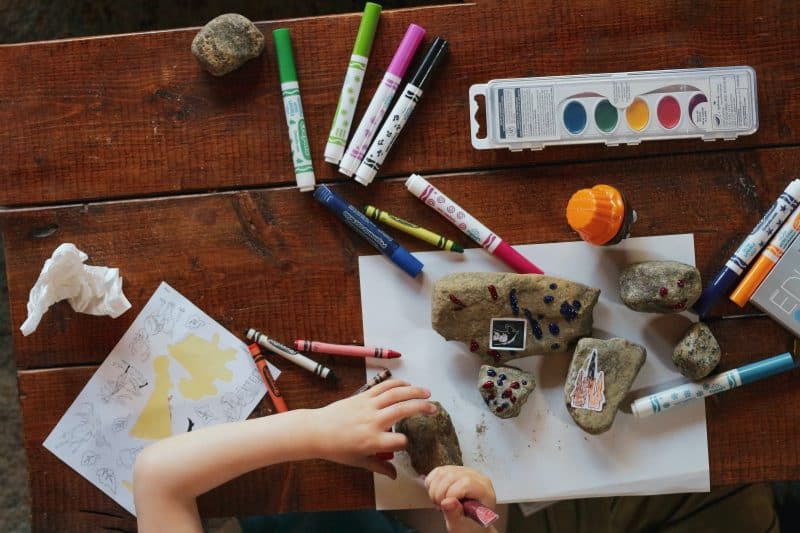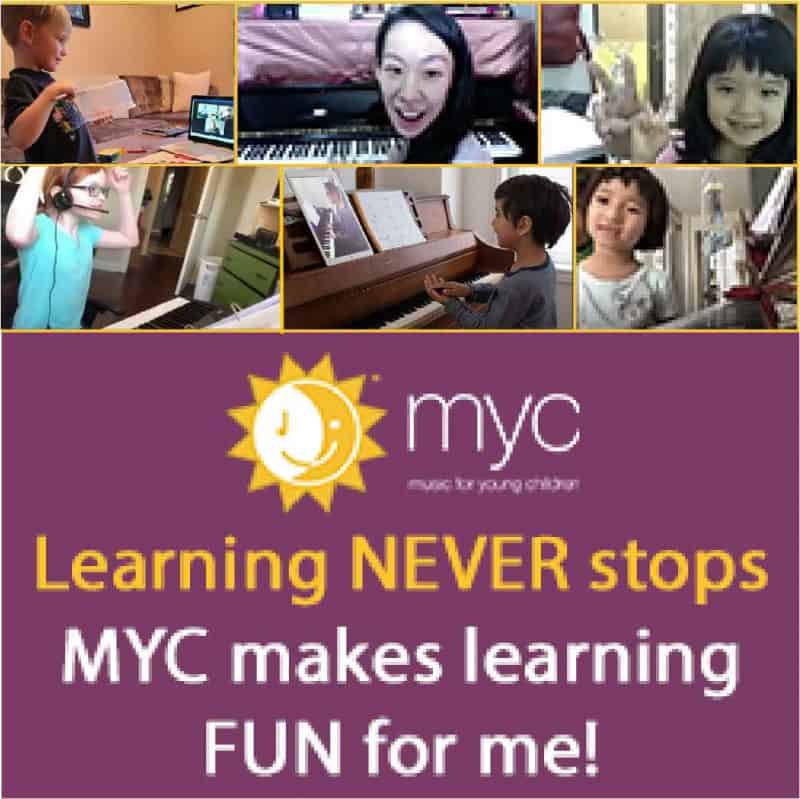How Singapore Parents Kill Their Preschoolers’ Curiosity, And What You Can Do Instead
Submitted by Advertiser KiasuParent
Feel guilty about not having ready answers, or even the time and energy, for your preschoolers’ questions? Don’t beat yourself up for this, because it’s not as damaging as you might expect. In fact, our ability to answer our kids’ questions isn’t the issue here at all. Instead, it’s whether or not we’re taking their questions seriously, and teaching them ways to discover the world on their own.
At the same time, we parents may have habits and beliefs that can dampen our children’s sense of curiosity, or even extinguish it entirely. Don’t want that to happen? Read on to find out if — despite your best intentions — you are being a curiosity killjoy, and what you can do differently going forward.
Asking the wrong questions. Imagine that you’re taking your preschooler to the zoo, and there, you decide to have “fun” by testing her on her general knowledge of animals. It’s easy to fall into the trap of thinking that you’ve learned something, when all you’ve done is to acquire some trivia. Unless you make the effort to follow up, questions that involve labelling — such as “What is the name of this animal?” or “What is this animal part called?” — are not useful for developing curiosity.
Here’s what you can do to change: Don’t let your preoccupation with names and “proper terms” get in the way of true learning. In fact, don’t even hurry to read the information panels at the zoo and other kid-friendly places of interest. Instead, take the time to formulate questions that will encourage the whole family to hone their observation and thinking skills, such as “Why do you think the giraffe has such a long neck?” (Read more about developing a preschooler’s critical thinking skills here.)
Relying too much on Google. What do you do when your preschooler asks you a question that you can’t answer? Do you look up the answer on Google, repeat it to him, and consider the matter “closed?” It’s not a bad thing, but your preschooler (and you) may be missing out on genuine learning opportunities.
To frame this in an adult context, let’s take a question about a complex concept such as blockchain technology. Chances are, our blockchain questions can’t be easily answered by reading a single article or watching a short YouTube video. But, if we choose to discuss the topic with others, we may gain new insights, as well as unearth fresh questions that reveal our knowledge gaps and prompt further investigations. By repeating this process, we will — slowly but surely — fill in more pieces of the puzzle.
So instead of reaching for your phone immediately, you may want to have a short discussion with your child, to see if either of you has prior knowledge that may point you closer to the answer. If the discussion throws up more questions, jot them down for your own reference, and look for a kid-friendly article or video that you can read or watch together, to address at least some of these questions. If you have even more questions after, be glad! The key to developing curiosity is to prioritise questions, and not answers.
Mistaking superficial learning for true learning. If your preschooler can reel off the times tables, but doesn’t know why three groups of two is not the same as two groups of three, true understanding has not occurred. Or, if he can spell a long word, but doesn’t know how to use it in conversation or writing, then that spelling knowledge is of little value.
For those of us raised on rote learning methods, we can often miss the forest for the trees, because we become fixated on details that are not of prime importance. For instance, if your child is happily creating homemade comic books, and you spot a few spelling errors, do you focus on those errors, or will you give your child space to enjoy — and learn from — the creative process? Always take a pause before giving feedback to your child, so that you can think about your big-picture goals, and frame your comments accordingly.
Thinking that an enrichment class is the default way to learn. A child may need an expert teacher or instructor at some point, but during the exploratory phase? Not necessarily so. It may be challenging to pick up a musical instrument without a teacher, but if your preschooler expresses an interest in playing badminton or table tennis, you can invest in inexpensive gear and book a suitable space to figure out the game on your own. Or if your child is interested in coding, you can help her to set up an account on a kid-friendly coding platform such as Scratch, and let her play around with it to make her own discoveries. Not relying solely on enrichment providers will be much easier on your pocket, and your child will develop independent learning skills too.
Expecting your child to focus only on activities with “educational value.” Must every trip to the museum be educational? Should your preschooler only play games where he can learn something, in the academic sense? If you value certain interests and pursuits over others, you may be closing the door to the many learning opportunities that are out there for your child. And besides, not every moment in life needs to be “teachable” or meaningful in a tangible way — as we adults know, sometimes, it’s just important to relax and have fun!

